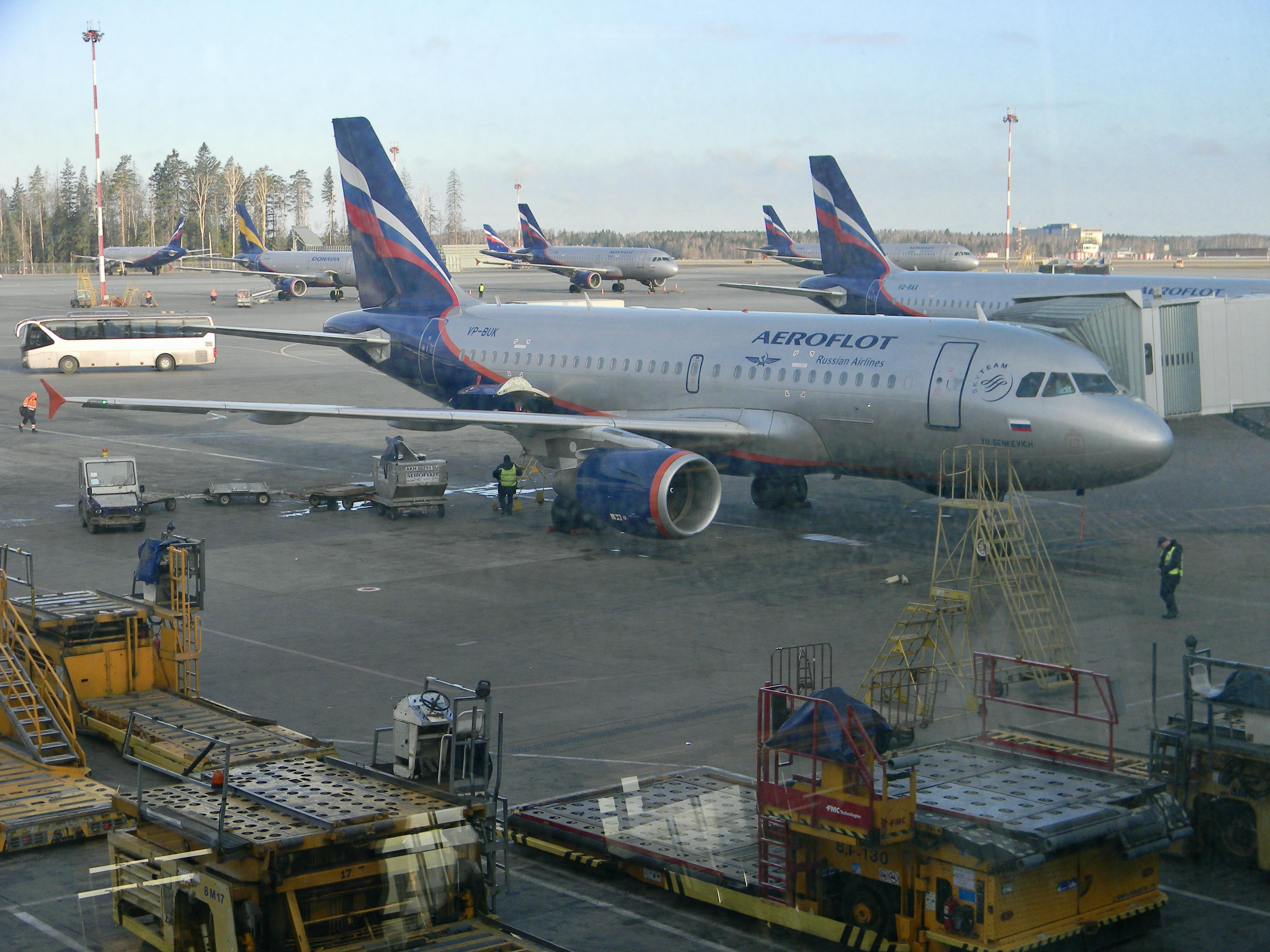
Credit: Bill Carey
The pilot of an Aeroflot airliner that violated Canadian airspace on Feb. 27 after it had been closed to all Russian aircraft declared the flight to be on a humanitarian mission, air navigation service provider (ANSP) Nav Canada said. Two other Russian aircraft departing from U.S. airports also...
Subscription Required
This content requires a subscription to one of the Aviation Week Intelligence Network (AWIN) bundles.
Schedule a demo today to find out how you can access this content and similar content related to your area of the global aviation industry.
Already an AWIN subscriber? Login
Did you know? Aviation Week has won top honors multiple times in the Jesse H. Neal National Business Journalism Awards, the business-to-business media equivalent of the Pulitzer Prizes.





